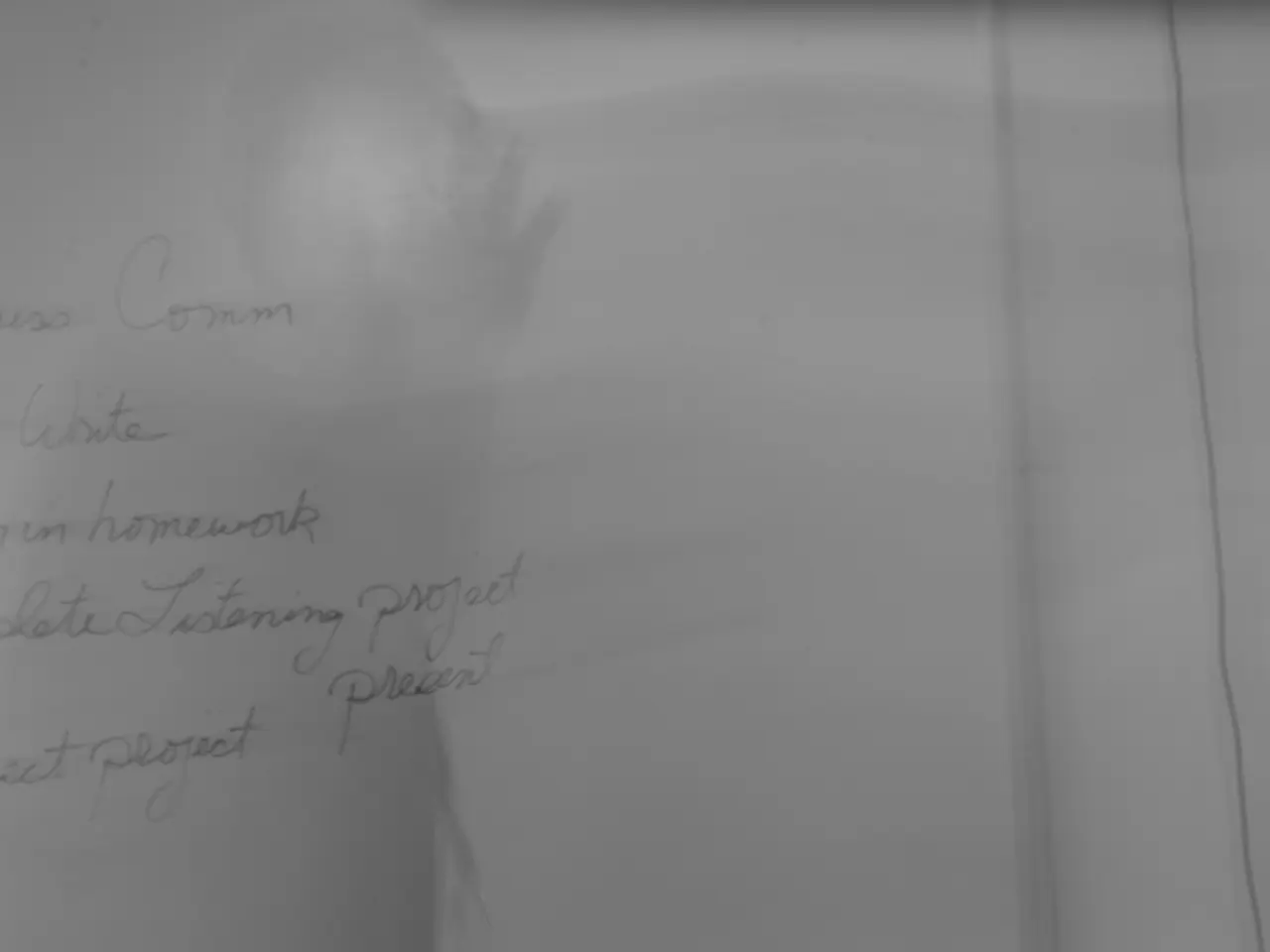Workers should exercise caution when engaging in work hour fabrications
In the realm of employment, the issue of working time fraud has become a topic of great importance. This article aims to shed light on the key aspects of this matter, drawing from various court rulings and expert opinions.
Unintentional errors in recording working hours may not immediately lead to sanctions, but the employee's intent and handling of the error are crucial. On the other hand, deliberate falsification of working hours, or time theft, can have serious consequences.
Courts do not take working time fraud lightly. Even minor deceptions can be significant in labor law if they undermine the trust relationship between employer and employee. In fact, a case in the Cologne Labor Court ruled that an immediate dismissal of a ticket inspector who performed extensive private errands during documented working hours was effective, and the employee was ordered to reimburse the detective costs of around 20,000 euros (LAG Cologne, judgment of February 11, 2025 - 7 Sa 635/23).
However, employers are not free to monitor employees without cause. Reasonable suspicion of a serious breach of duty is required before engaging detectives or using keyloggers.
The legal basis for working time fraud is primarily the employment contract. An employee who claims to have forgotten to record a break for the second time must be able to explain very precisely to the court why this was unintentional.
Prof. Michael Fuhlrott, a labor law expert from Hamburg, emphasizes the importance of open and transparent working time recording systems. He suggests that employers may find it unproblematic to use such systems, possibly with technical support.
In cases related to temporary employment fraud, German labor courts have issued stronger demands for employees to adhere to working hours. Correction and open communication are key in cases of unintentional errors in working time recording.
It's essential to note that working time fraud can occur in various ways, such as employees deliberately circumventing working time regulations or making false statements about the hours they have worked. In serious cases, there can be criminal consequences for fraud or forgery, but this is rare in practice.
Josephine Klose, a lawyer from the Bremen Chamber of Labor, highlights the role of the Association of German Labor Lawyers (VDAA) in providing expertise in such matters. She advises that employers should be cautious and fair when dealing with cases of working time fraud.
In conclusion, understanding and addressing working time fraud is crucial for maintaining a healthy and productive work environment. Employers and employees should prioritize open communication, adherence to working hours, and a transparent recording system to avoid any misunderstandings or intentional deceptions.







